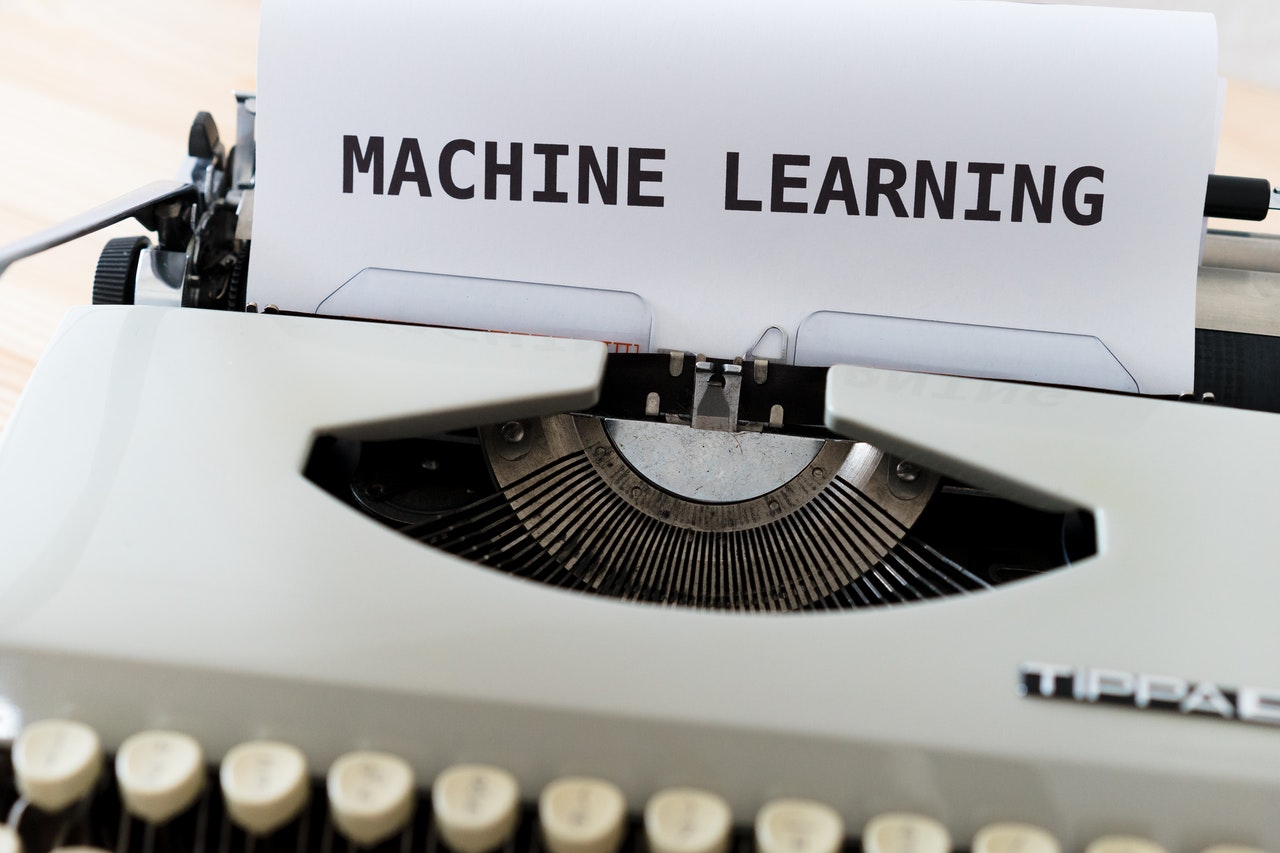What is machine learning? This is a very important IT niche that closely borders with Big Data and artificial intelligence. If you decide to order a custom machine learning development, you need to make sure in advance of the performer’s competence. Given the complexity and high cost of implementing such tasks, some customers do not want to demonstrate ready-made solutions. This makes it difficult to find a performer, as the team may not be able to show all cases.
Our reality
More and more products are now being developed using artificial intelligence. In order not to be sidelined with progress, managers need to understand how the brain of a robot works.
Artificial intelligence (AI) and machine learning technologies have been used for many years, but now the intensity of their use has increased markedly. For example, machine learning is actively implemented in telecommunications, retail, marketing and e-commerce. This technology looks very promising in the lending software sector. But many still do not fully understand what it is.
A bit of theory
Machine learning involves the processing of a large number of examples by the system, during which it identifies patterns and uses them to predict the characteristics of new data. In other words, this is the process of endowing AI with consciousness, the ability to remember and analyze.
Let’s go to practice
Now machine learning technologies are used by the world’s leading technology companies, for example, Alibaba, Apple, Facebook, Netflix. There are a lot of ways to apply such
- Training:
- Order processing;
- Formation of recommendations;
- Optimization of production;
- Training voice assistants and chat bots;
- Pattern recognition.
Information about the behavior and preferences of each of us is collected around the clock in the databases of large stores, banks and mobile operators. This data allows the business to find connections, predict profitable moves.
At first glance, the mechanisms for introducing machine learning are more related to IT specialists. But in the era of digital transformation, understanding the principles of artificial intelligence and machine learning is important for project managers, product managers, and analysts, that is, everyone who works with data.
Regardless of whether a product manager has a technical background, he regularly needs to solve two problems:
- Evaluate product capabilities;
- Define its essence and contours.
To understand a topic, find interesting ideas and defend competently in front of management, a product manager must understand the work of AI, and therefore the principles of machine learning.
The border between machine learning and artificial intelligence
This framework is very conditional. It is customary to refer to AI technologies as more subtle settings. Robotization involves routine, simple processes. But the world does not stand still. What was previously considered aerobatics is gradually becoming commonplace. This is also the case with artificial intelligence. Now we will list what is not yet robotized, but this is already in the plans for the foreseeable future:
- The capture of objects and their manipulation will be brought to the level of human actions;
- Mobility of robots, overcoming obstacles by them will also be equal in capabilities with human skills;
- A conversation with a robot will be indistinguishable from a conversation with a human;
- The costs and time for programming robots will be reduced, which will make them cheaper, and the introduction of automation will be wider.
Brief summary:
In the future, the development of robotics will occur primarily due to a wider and deeper introduction of AI, and not to improve the material and technical base, the authors of the review are sure. They divide the prospects for the development of the market into short-term and long-term, however, they do not name specific dates.





